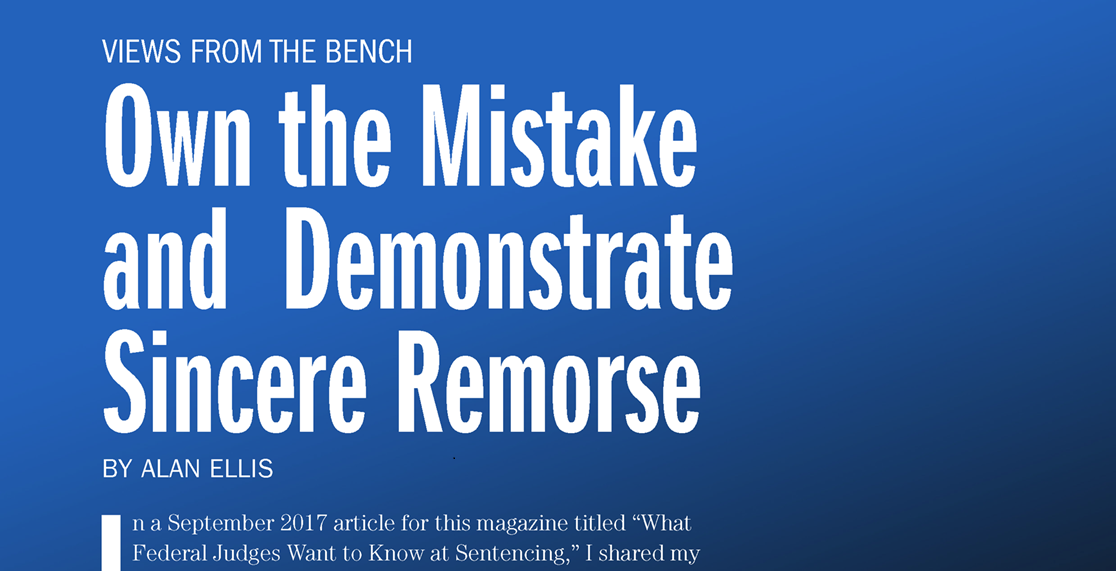HOW YOU CAN IMPACT YOUR SENTENCE. YOUR NARRATIVE IN YOUR PSI AND YOUR ALLOCUTION AT SENTENCING.
JUDGES UNDERSTAND THAT CRIMES DON’T HAPPEN IN A VACUUM – ONLY ‘YOU’ CAN SHARE YOUR STORY.
INDICTED AND FACING PRISON.
I’m Dr. Marc Blatstein. I’ve been where your clients are and am here to help them on their journey. With work, I got my license reinstated and my career back. While I can’t make promises, preparing for the PSI (Narrative, Release Plan, and Allocution) is critical for a successful journey; from my experience, it is both needed and helpful.
Preparing for release (at least considering it) before your PSI is a step in the right direction. You may do something completely different, but having a Plan and Daily Routine for day 1 in prison that outlines what to expect is a good start.
- Remember, prison is a temporary phase in your life.
Acquiring knowledge and preparing for the legal process will help you regain the confidence to navigate this challenging period.
Judges Understand that Crimes Don’t Happen in a Vacuum
Judges know
- Your attorney is paid to keep you out of prison.
- The DOJ wants a conviction.
- The Prosecutor first wants to protect society because you represent everything terrible.
- The one person that the judge knows nothing about is you, the defendant, and what happened and why. Are you willing to have that heart-to-heart talk?
– Federal Judge Patrick J. Schiltz: “It’s surprising how many otherwise competent attorneys ‘punt’ at the sentencing hearing.”
– Federal Judge Robert N. Scola: “Don’t wait to think about sentencing advocacy. ” Since 99 percent of federal criminal clients will face sentencing, start preparing the case early.
Judges Need Defendants to Sell Themselves;
- Judges want to see that you fully understand your actions, motivations, and the lessons you have learned.
- That you’re not going to do it again.
- What are your plans upon release from prison?
- “Since you were apprehended, what have you been doing?”
- Get help reviewing your Narrative and Allocution, and be prepared.
– Federal Judge Mark Bennett on the importance of writing your personal narrative and including it in your pre-sentence report.
- Now is your time to convince the court that you have started on the right path.
- This begins with your Personal Narrative and a Release Plan.
- Prepared with all the information requested by the probation officer and provided before your Interview.
- Being prepared for your interview, your officer has had time to fill out their PSR Worksheet and will now have time at the interview to personally meet and get to know you and ask any remaining questions they may have.
- He/she comes away from the interview with an impression of someone who could be the opposite of the one portrayed in the Indictment.
To have your concerns answered, Call me Today: 240.888.7778. This is my personal Cell, and I answer and return all calls.
You can also get additional information on my website: PPRSUS.com Physician Presentence Report Service, LLC.


